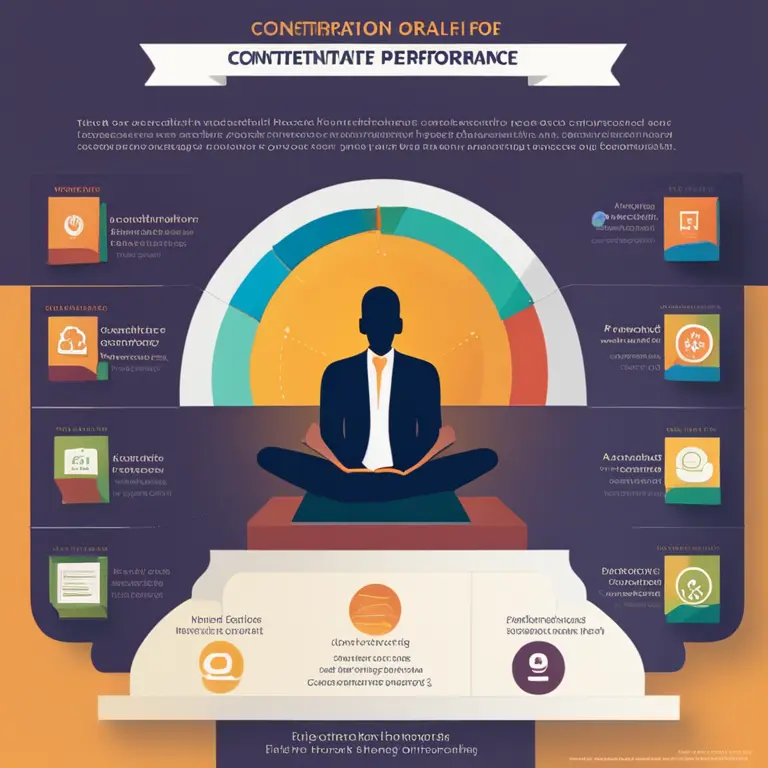
Meditation Basics for Teen Well-Being
Discover how meditation can offer teens a path to manage stress, enhance focus, and improve emotional health in a fast-paced world.
article by Hina Kurosawa
The Need for Teen Meditation
With the rapid technological advances and societal changes of recent years, teens face unique stresses that can be overwhelming. The advent of social media, increased academic pressures, and a competitive environment can lead to anxiety and stress for young individuals. Finding a way to cope is crucial, and meditation is emerging as a powerful tool to support teen mental health. When practiced regularly, meditation can help develop resilience, improve concentration, and provide a sense of peace, aiding adolescents in navigating their often chaotic worlds.

Starting with Simple Techniques
Initiating a meditation practice can seem daunting at first, so it's important for teens to start with simple, accessible techniques. Guided meditations are a great way to begin, with many apps and online platforms now offering programs specifically designed for younger audiences. Techniques such as focusing on the breath, listening to calming sounds, or visualizing peaceful scenes can serve as entry points to the wider practice of meditation and mindfulness. Encouraging teens to start with just a few minutes a day can set the foundation for a consistent and evolving practice.

Benefits of Meditation in Academic Performance
Research continues to show that meditation can have a profound impact on cognitive abilities. In a scholastic context, teens who meditate may find improvements in concentration, memory recall, and overall academic performance. Separate studies from 2024 indicate that schools incorporating mindful practices report a calmer learning environment and a decrease in absenteeism. Teens can leverage meditation as a pre-study ritual or a break during homework to refresh their minds and optimize study sessions.

Enhancing Emotional Regulation
Adolescence is a time of significant emotional development, with teens often experiencing intense feelings. Meditation provides a tool for self-regulation, allowing teens to better understand and manage their emotions. Mindfulness meditation, in particular, teaches them to acknowledge their feelings without judgment and respond rather than react to difficult situations. This can lead to healthier coping strategies when faced with the ups and downs of teenage life.

Building Social Bonds through Group Practice
While meditation is often viewed as a solitary activity, it can also be social. Group meditations are increasingly popular among teens, fostering a sense of community and shared experience. Schools, community centers, and youth groups are recognizing the value of group meditation sessions, promoting not only individual well-being but also empathy and connectedness among participants. These social bonds can be particularly beneficial for teens, who are at a stage where peer relationships play a significant role in their development.
Overcoming Barriers to Practice
One of the challenges in promoting meditation to teens is the perception that it is time-consuming or difficult. To overcome these barriers, it's important to communicate that even short, daily sessions can be beneficial. Additionally, emphasizing the flexible nature of meditation—that it can be practiced anywhere and without any special equipment—may encourage more teens to give it a try. Teens are also more likely to continue with meditation if they see immediate benefits, such as reduced stress or better sleep, so highlighting these short-term gains is key.
Published: 1/18/2024
Modified: 1/18/2024
More predictions
Come back here soon to learn more about yourself and your future


Meditation Benefits for Seniors
Explore the profound impact of mindfulness meditation on enhancing the quality of life for older adults. Learn techniques to promote mental clarity, emotional balance, and physical well-being in senior years.


Unravelling Your Mindfulness Meditation Journey
Discover the steps to leading a successful mindfulness meditation session, enhancing emotional balance and tranquility.


Learn Your Mindfulness Meditation Journey
Learn the art of mindfulness meditation to foster calmness, clarity, and emotional balance in your daily life.